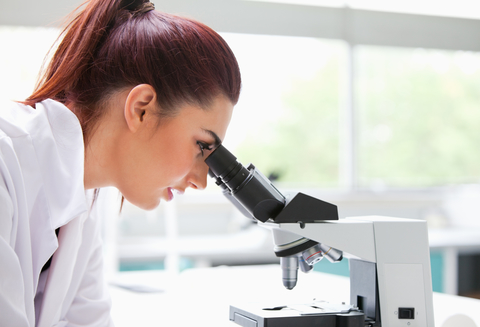Cardiff University scientist to train virus to fight ovarian cancer

A Cardiff University scientist is to explore whether viruses can be “trained” to tackle ovarian cancer after being given a £250,000 Cancer Research UK grant (BBC News, 2017).
Dr Alan Parker, a senior lecturer at Cardiff University, will lead a team to examine and alter the Ad5 virus.
In its original form it can can cause airways infections and is usually spread through coughing and sneezing. But Alan Parker will use new technology to see if it can be genetically modified to destroy cancer cells.
Ovarian cancer is the sixth most common cancer among women in the UK, with around 7,400 women diagnosed each year and around 4,100 women dying from it annually.
Alan Parker said “Ovarian cancer is often diagnosed at an advanced stage and five-year survival has remained stubbornly unchanged, at around 40%, for almost 25 years. Using viruses as a way to treat cancer is becoming more common and we’re already seeing that some are showing great promise. People often think viruses are bad. However, they can actually be ‘trained’ to be an effective cancer treatment.”
He said he often compares the complex research to the film How to Train Your Dragon. He said “At the beginning of the film the dragon comes across as being destructive and deadly, but one of the characters then trains the dragon to be a force for great good. It’s very similar to viruses. The viruses we use in their original form can cause a cough or cold. We want to understand how the virus infects cells so we can engineer or ‘train’ the virus to be a force for good by identifying and killing cancer cells.”
The research is estimated to take between five and ten years to complete and, if successful, it is hoped it could also treat other forms of the disease including breast, prostate and pancreatic cancers.
Ruth Amies, Cancer Research UK spokeswoman for Wales, said “We hope this research will improve our understanding of ovarian cancer and help lead to the development of new treatments in the future, which could ultimately improve survival for those diagnosed with the disease.”








